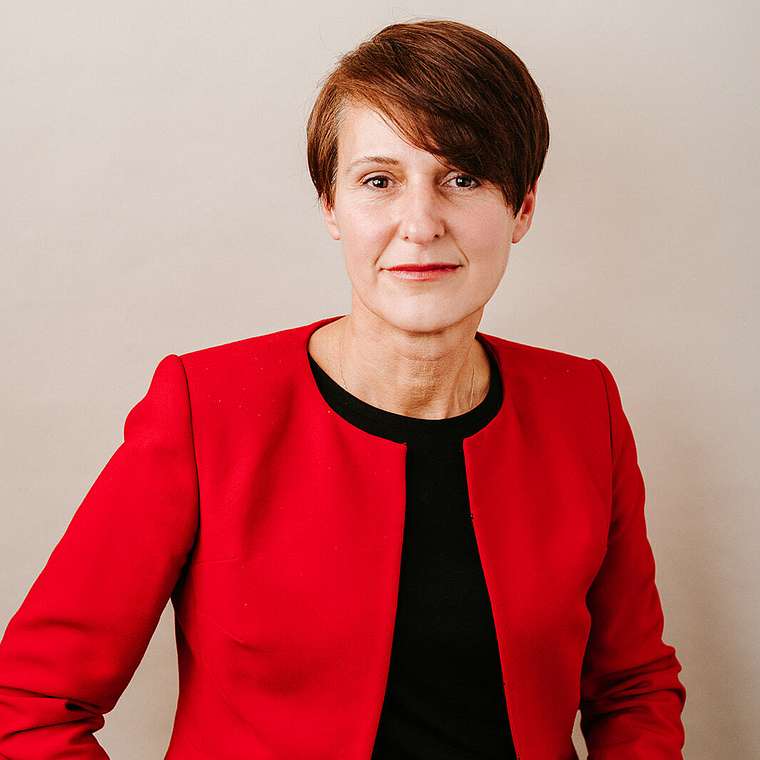The first few years of a child’s life are hugely important to their future. How they spend this critical period shapes their outcomes – both in the shorter term and later in life – laying the foundations for their academic achievement, which in turn, have a significant influence on their life chances.
Giving every child access to great learning and development opportunities in the early years is also crucial to combatting education inequality: gaps in development between children from disadvantaged homes and their more affluent peers require early identification and intervention if they are to be swiftly addressed.
Early years professionals play a central role in this mission. But, with the sector facing a number of immediate challenges, they shoulder a huge amount of responsibility in their day-to-day working lives.
Current challenges facing Early Years professionals
Just like schools, early years providers continue to grapple with the negative impact of Covid-19 on education. Specifically, the impacts on children’s early learning and development that resulted from national lockdowns.
Progress towards recovery is being made all the time thanks to the hard work of sector professionals, but the task of supporting young children whose early lives were so profoundly affected by the pandemic still looms large.
On top of this, the national shortage of educators – across all ages and phases – has seen early years professionals’ roles expand well past the norm as they’ve worked to cover gaps in service provision for under-fives.
The current strain on budgets, due to factors associated with the cost-of-living crisis, also presents a significant obstacle to overcome. Tough decisions are being made in settings across the country about how to make best use of their limited resources.
Why the evidence is our “best bet”
Given this challenging context, we need to make sure that early years professionals have access to the information they need to maximise the impact of their practice on the children in their care.
This is where education research can make a real difference. Using evidence can help to create great learning opportunities for all children, particularly those from socio-economically disadvantaged backgrounds who we know stand to benefit most from high-quality early education.
We now have more insights than ever about what works to support children before they start school. Early years professionals can use this information to identify “best bets” and initiatives that have previously been successful, giving insights that can bolster their expertise and guide their decision making around what might be effective in their setting.
Not only that, but findings from research help them to weed out approaches that don’t show any evidence of impact, so that resources can be diverted towards strategies that are likely to be more fruitful.
What is the EEF doing to help?
At the EEF, we are working to increase our focus on the early years, so that professionals working in this sector feel empowered to use evidence to their advantage:
- In February, we’ll be releasing a new suite of resources designed to summarise and exemplify key lessons from the best-available research in an accessible and engaging format.
- We’ll be funding more trials across early years settings in order to grow the existing bank of research on what works and give early years setting access to high-potential programmes at a subsidised rate.
- Our work – as the Evidence Partner for the Department for Education’s Stronger Practice Hubs – will increase supports for evidence-informed practice across the sector.
Supporting the early years sector in their vital work is crucial if we want to see all young children – regardless of their background – get the best possible start in life, and go on to achieve their potential.
It is our hope that the EEF can play a role in providing meaningful and timely guidance to professionals working in this crucial area of our education system.
